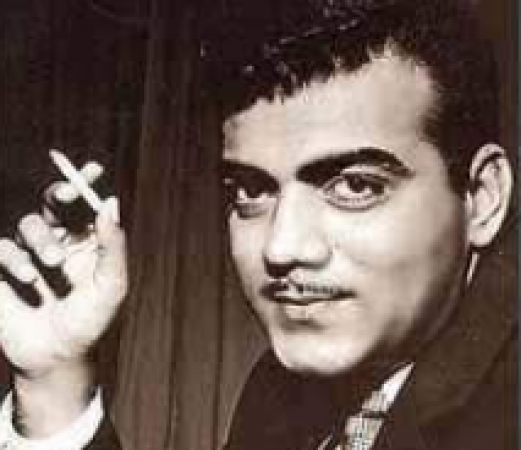
Behind the glamour and glitz of the movie business, there are frequently fascinating tales of business deals and financial negotiations that influence the creation of a particular film. One such example is the 1982 movie "Khud-Daar," which featured two drastically different financial arrangements involving Mehmood, his brother Anwar Ali, and the legendary Amitabh Bachchan. This article delves into the specifics of these out-of-the-ordinary business transactions, illuminating the dynamics and motives that drove Mehmood, Anwar Ali, and Amitabh Bachchan during the production of "Khud-Daar."
Mehmood was a well-known actor, comedian, and director who was admired for his wit and magnetic on-screen presence. His brother Anwar Ali, who made contributions as a writer, actor, and director, was also a significant contributor to the field. Although it differed from customary business procedures, their financing for "Khud-Daar" was quite special.
Anwar Ali, who wrote the screenplay for "Khud-Daar," was paid the full market rate by Mehmood for his work. This departure from the custom of favoring family members in business deals raised eyebrows and piqued the interest of industry insiders. Anwar Ali's choice to pay the going rate for his artistic output added a fascinating layer to the storyline of the film.
Amitabh Bachchan, the world's most famous actor, received far less money than his market rate for his role in "Khud-Daar," in stark contrast to Anwar Ali's financial arrangement. According to reports, he made this choice because he admired Mehmood and wanted to back his friend's business. Through his action, Bachchan demonstrated his sense of community and willingness to participate in worthwhile endeavors regardless of the financial implications.
Mehmood's choice to pay his brother the full market rate for his contribution could be seen as an effort to uphold ethical standards and allay any suspicions of favoritism. Mehmood's desire to create a new standard in the sector, where business decisions are frequently influenced by interpersonal relationships, may have had an impact on this unconventional strategy.
The decision by Amitabh Bachchan to charge less than his market rate was consistent with his dedication to producing cinematic art. Beyond financial considerations, his commitment to the craft of filmmaking could be seen in his belief in the endeavor and his willingness to help his friend. The dynamics and ties that are particular to the film community were also highlighted by this choice.
Performances and storylines contributed to "Khud-Daar's" success on the box office and among critics. Even though the financing was unusual, it did not diminish the overall impact of the movie. The film's commercial success proved once again that a good story and committed acting can triumph over complicated business considerations.
The 1982 film "Khud-Daar" is a standout illustration of how various financial structures can be seen in the world of cinema while still reflecting the nuanced dynamics of interpersonal relationships, professionalism, and personal convictions. The diverse financial arrangements involving Mehmood, Anwar Ali, and Amitabh Bachchan highlighted their unique motivations, dedications, and filmmaking philosophies. As the success of the film came to an end, it left behind an intriguing legacy that is still up for debate within the film community. Khud-Daar's financial dynamics serve as a reminder that the process of making a movie is not just about the numbers, but also about the complex interplay of relationships, morals, and creative collaboration.
The Hair Oil Aversion that Changed Zanjeer's Destiny
The Melodic Transformation of 'Zindagi Milke Bitayenge'
Birthday Special: Celebrating Gauahar Khan's Remarkable Journey